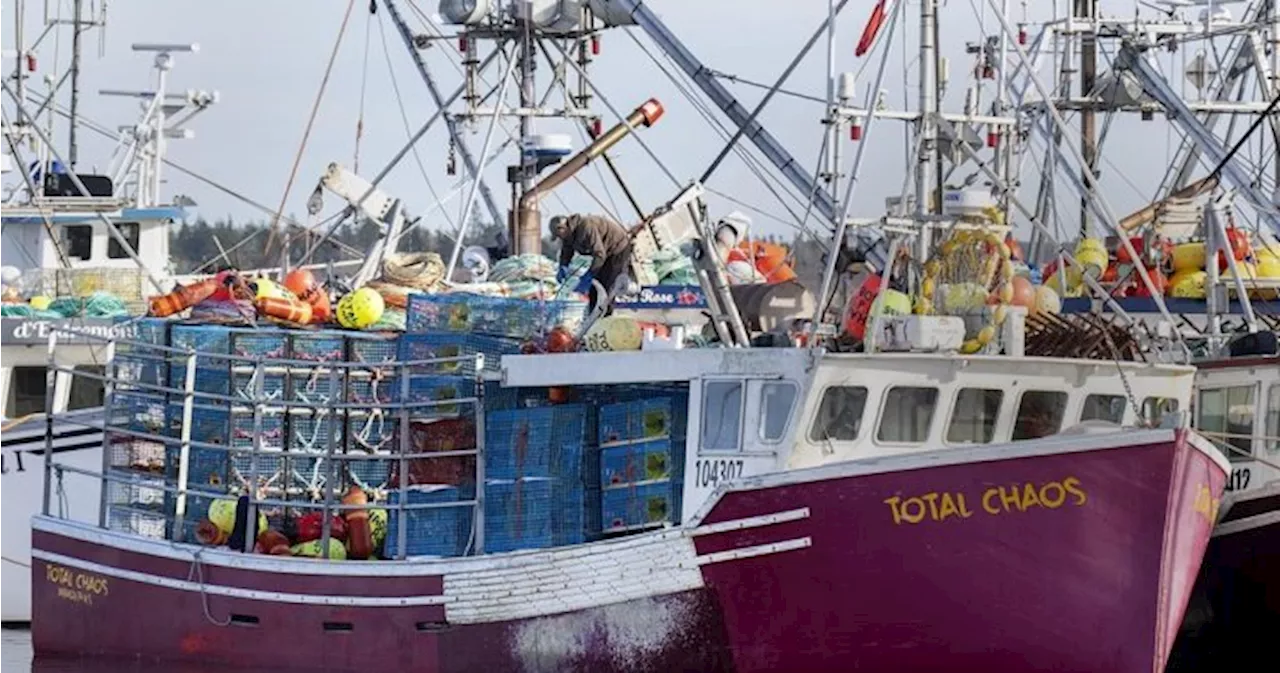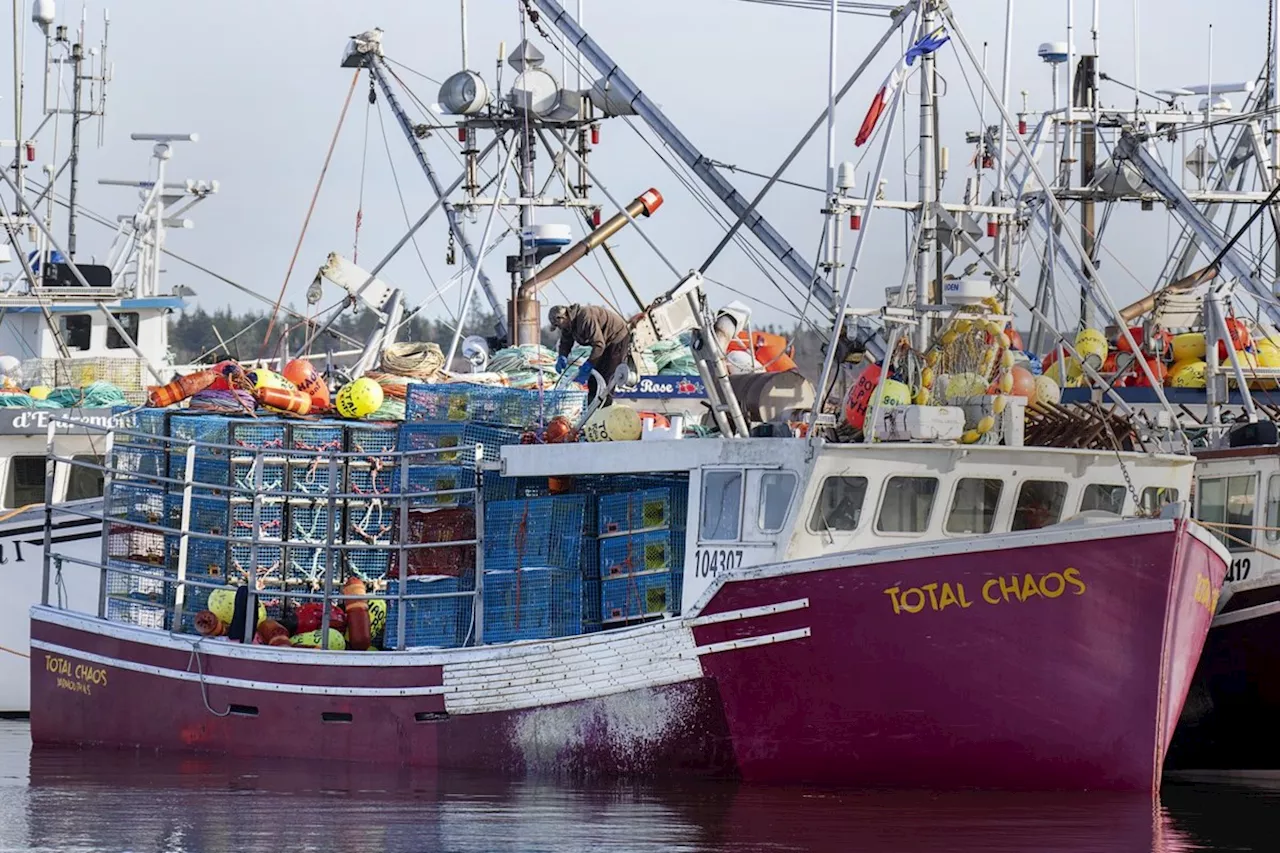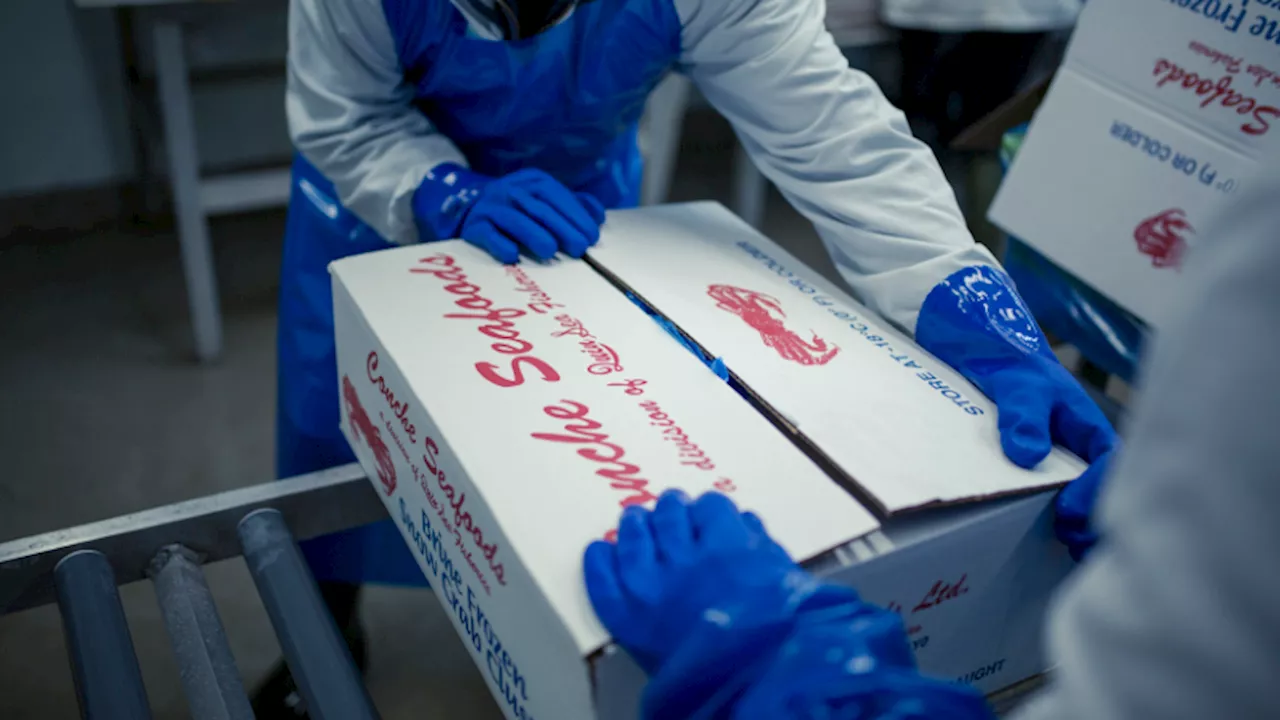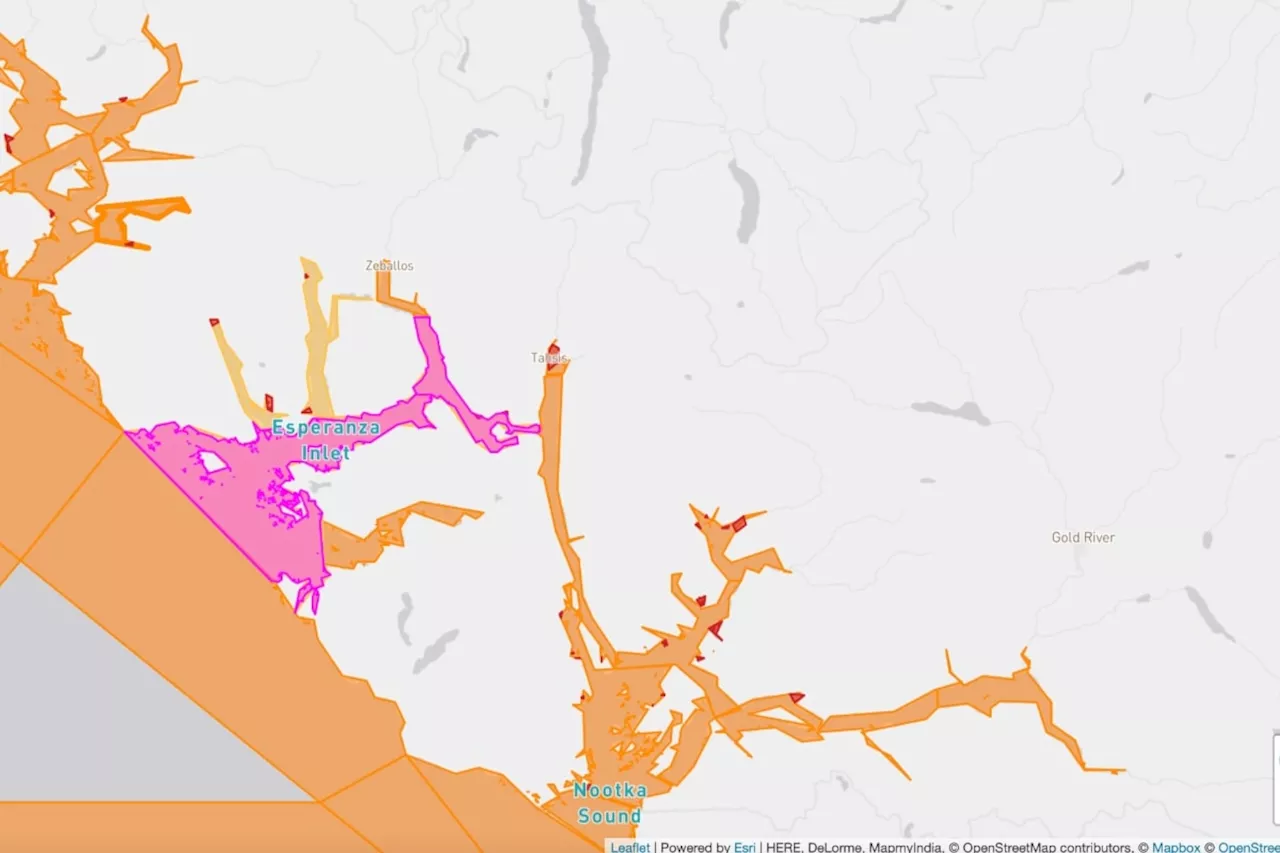A diesel spill from a Grieg Seafood facility on Vancouver Island has led to the closure of shellfish harvesting in Esperanza and Zeballos Inlets. The incident, caused by human error during a fuel transfer, released approximately 8,000 litres of diesel into the water. While Grieg Seafood claims most of the diesel has dissipated, Fisheries and Oceans Canada (DFO) maintains closures due to potential chemical and biotoxin risks to shellfish.
Roughly 60 square kilometers of the Esperanza and Zeballos Inlets on Vancouver Island 's west coast remain closed to shellfish harvesting following an 8,000-litre diesel spill from a Grieg Seafood Lutes Creek facility over a month ago. Fisheries and Oceans Canada ( DFO ) states there is reason to believe the quality of shellfish in these areas may be at risk. On December 20 and 31, DFO issued closure notices due to potential chemical and biotoxin exposure, and these notices remain in effect.
Eating contaminated shellfish can make people sick and can even be life-threatening. Shellfish like clams, scallops, and mussels are highly sensitive to the water quality of their marine environment. As they feed by filtering microscopic organisms from the water, harmful bacteria, viruses, and marine biotoxins from their surroundings can accumulate in their tissues and make the people who consume them ill, according to the DFO website. The oil spill on December 14, which occurred at a fish farm near Zeballos on Vancouver Island, was caused by human error during a fuel transfer conducted by Grieg Seafood. The spill happened while the fuel transfer was in progress on a floating concrete platform. According to a spokesperson from Grieg Seafood, it is estimated that most of the spilled diesel has partially evaporated or naturally degraded, and the remainder has dispersed throughout the area. 'Experts working with Unified Command have completed Shoreline Cleanup Assessment Technique surveys of the area and have only found small, isolated patches of sheen within shoreline sediments near the release location,' the spokesperson said in an email. The company also confirmed that it tested fish at both farms in the vicinity for any impact from the diesel, and lab results have 'confirmed there has been no impact to salmon at either farm.' In 2021, Cermaq Canada was fined $500,000 for spilling approximately 522 litres of marine diesel into the ocean near Campbell River. The incident occurred on March 4, 2017, at a Cermaq farm near the Burdwood Group Islands in Raleigh Passage off the east coast of Vancouver Island. The farm has since been decommissioned. The Grieg Seafood oil spill that occurred on December 14 is currently under investigation by DFO Conservation and Protection fishery officers. The Mirror has reached out to the Nuchatlaht Nation and is awaiting a response. More to come..
OIL SPILL SHELLFISH DIESEL VANCOUVER ISLAND GREIG SEAFOOD FISH FARM DFO ENVIRONMENTAL IMPACT
Canada Latest News, Canada Headlines
Similar News:You can also read news stories similar to this one that we have collected from other news sources.
 Nova Scotia Seafood Industry Voices Concern Over Potential End to Fossil Fuel Drilling MoratoriumNova Scotia seafood industry representatives have expressed concern over Premier Tim Houston's comments indicating openness to ending a moratorium on fossil fuel drilling in the Georges Bank fishing grounds. Houston stated the need to reconsider bans on various industries, including uranium mining and onshore fracking, to diversify the economy. While acknowledging public concerns about safety risks, he suggested discussions about reopening the area to fossil fuel exploration are necessary. Industry leaders worry about the potential impact on fishing grounds and the risk of oil spills.
Nova Scotia Seafood Industry Voices Concern Over Potential End to Fossil Fuel Drilling MoratoriumNova Scotia seafood industry representatives have expressed concern over Premier Tim Houston's comments indicating openness to ending a moratorium on fossil fuel drilling in the Georges Bank fishing grounds. Houston stated the need to reconsider bans on various industries, including uranium mining and onshore fracking, to diversify the economy. While acknowledging public concerns about safety risks, he suggested discussions about reopening the area to fossil fuel exploration are necessary. Industry leaders worry about the potential impact on fishing grounds and the risk of oil spills.
Read more »
 Trump Delays Tariffs on Canadian Exports, Urges Seafood Industry DiversificationPresident Trump has postponed his threat of 25% tariffs on Canadian goods, opting instead for a memorandum directing U.S. agencies to investigate trade concerns. While this delays immediate harm, the Canadian seafood industry is advised to explore markets beyond the U.S. due to potential future tariffs. The industry is already planning a trade mission to Europe, but experts suggest diversifying further into Asia and the Middle East to mitigate risks.
Trump Delays Tariffs on Canadian Exports, Urges Seafood Industry DiversificationPresident Trump has postponed his threat of 25% tariffs on Canadian goods, opting instead for a memorandum directing U.S. agencies to investigate trade concerns. While this delays immediate harm, the Canadian seafood industry is advised to explore markets beyond the U.S. due to potential future tariffs. The industry is already planning a trade mission to Europe, but experts suggest diversifying further into Asia and the Middle East to mitigate risks.
Read more »
 Canadian Seafood Industry Urges Diversification Amid Trump Tariff ThreatAs Donald Trump returns to the White House, Canadian seafood industry leaders are urging harvesters and exporters to diversify their markets in anticipation of potential US tariffs. While Trump's administration has temporarily delayed the 25% tariff on Canadian exports, the industry remains concerned about the long-term impact. Experts advise focusing on markets in Europe, Asia, and the Middle East to mitigate risks associated with US trade policies.
Canadian Seafood Industry Urges Diversification Amid Trump Tariff ThreatAs Donald Trump returns to the White House, Canadian seafood industry leaders are urging harvesters and exporters to diversify their markets in anticipation of potential US tariffs. While Trump's administration has temporarily delayed the 25% tariff on Canadian exports, the industry remains concerned about the long-term impact. Experts advise focusing on markets in Europe, Asia, and the Middle East to mitigate risks associated with US trade policies.
Read more »
 Canadian Seafood Industry Urged to Diversify Amidst US Trade UncertaintySeafood industry representatives in Atlantic Canada are calling for harvesters and exporters to expand their markets beyond the United States, citing President Trump's potential tariffs on Canadian goods. While Trump has delayed the tariff implementation, the industry is advised to seek opportunities in Europe, Asia, and the Middle East to mitigate risks.
Canadian Seafood Industry Urged to Diversify Amidst US Trade UncertaintySeafood industry representatives in Atlantic Canada are calling for harvesters and exporters to expand their markets beyond the United States, citing President Trump's potential tariffs on Canadian goods. While Trump has delayed the tariff implementation, the industry is advised to seek opportunities in Europe, Asia, and the Middle East to mitigate risks.
Read more »
 Quin-Sea Fisheries Exits Association of Seafood ProducersQuin-Sea Fisheries has abruptly terminated its membership with the Association of Seafood Producers (ASP), citing a long-standing strained relationship and ASP's alleged detrimental influence on the industry. Quin-Sea accuses ASP of pursuing legal action to obtain confidential sales records and prioritizing self-interest over the province's fishing sector. Quin-Sea insists on its commitment to fair market value pricing for harvesters and expects further companies to follow suit.
Quin-Sea Fisheries Exits Association of Seafood ProducersQuin-Sea Fisheries has abruptly terminated its membership with the Association of Seafood Producers (ASP), citing a long-standing strained relationship and ASP's alleged detrimental influence on the industry. Quin-Sea accuses ASP of pursuing legal action to obtain confidential sales records and prioritizing self-interest over the province's fishing sector. Quin-Sea insists on its commitment to fair market value pricing for harvesters and expects further companies to follow suit.
Read more »
 Notorious Nanaimo fisherman who led DFO on high speed pursuit convicted of 6 chargesA prolific seafood harvester from Nanaimo has been convicted of six charges related to illegal sea cucumber harvesting and breaching previous fishing bans for incidents dating back to 2019 and 2020.
Notorious Nanaimo fisherman who led DFO on high speed pursuit convicted of 6 chargesA prolific seafood harvester from Nanaimo has been convicted of six charges related to illegal sea cucumber harvesting and breaching previous fishing bans for incidents dating back to 2019 and 2020.
Read more »
